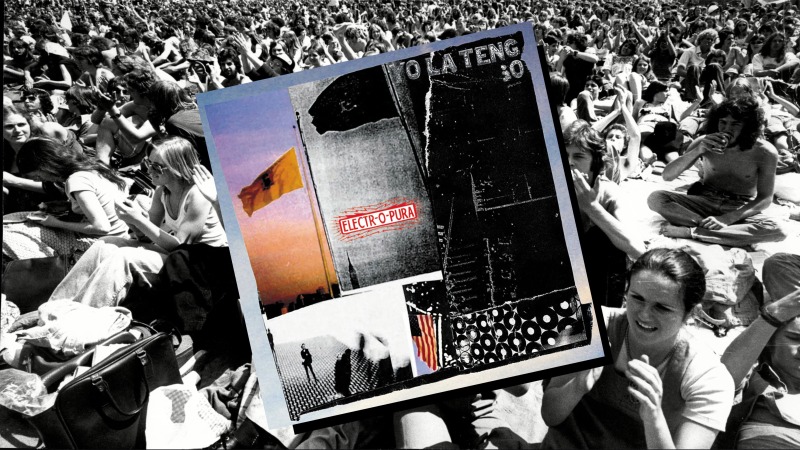Time Capsule: Yo La Tengo, Electr-O-Pura
30 years ago this week, one of the most adventurous yet unassuming bands ever released the second in a run of four amazing albums. From "Tom Courtenay" to "Blue Line Swinger" to "Pablo & Andrea", it remains an unbeatable classic.

Electr-O-Pura wasn’t Yo La Tengo’s first album. It wasn’t their “breakout” with either critics or college radio (Painful, their previous album, and first for Matador, got a fair amount of play in 1993, and 1992’s May I Sing With Me is the first time I remember hearing or reading about them.) It wasn’t a “statement” record or an “arrival” or whatever kind of overblown importance writers usually force on an album in articles like this. When Electr-O-Pura came out in May 1995, almost exactly 30 years ago, it was simply a great album by a band in the middle of an all-time run of great albums. Electr-O-Pura is important and beloved and remembered today entirely and solely because of its music, which perfectly fits Yo La Tengo—a humble, unflashy, unpretentious band that has created a titanic body of work over the last 40 years.
-

-

-

-

-

-

-

-

-

-

-

-

-

-

-

-

-

-

-

-

-

-

-

-

-

-

-

-

-

-

-

-

-

-

-

-

-

-

-

-








































